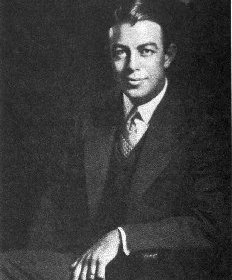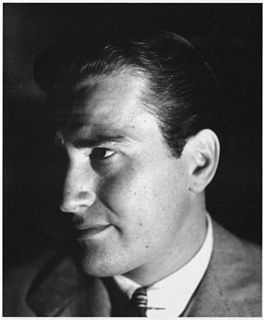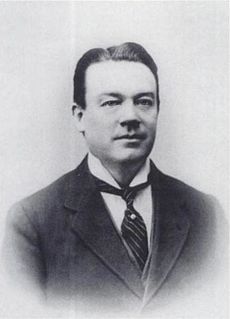A Quote by Julia Quinn
Hyacinth,” Lady Bridgerton said in a vaguely disapproving voice, “do try to speak in complete sentences.” Hyacinth looked at her mother with a surprised expression. “Biscuits. Are. Good.” She cocked her head to the side. “Noun. Verb. Adjective.” “Hyacinth.” “Noun. Verb. Adjective.” Colin said, wiping a crumb from his grinning face. “Sentence. Is. Correct.
Related Quotes
I’m trying to embroider.” Hyacinth held up her handiwork as proof. “You’re trying to avoid—” Her mother stopped, blinking. “I say, why does that flower have an ear?” “It’s not an ear.” Hyacinth looked down. “And it’s not a flower.” “Wasn’t it a flower yesterday?” “I have a very creative mind,” Hyacinth ground out, giving the blasted flower another ear. “That,” Violet said, “has never been in any doubt.” Hyacinth looked down at the mess on the fabric. “It’s a tabby cat,” she announced. “I just need to give it a tail.
Whatever one wishes to say, there is one noun only by which to express it, one verb only to give it life, one adjective only which will describe it. One must search until one has discovered them, this noun, this verb, this adjective, and never rest content with approximations, never resort to trickery, however happy, or to vulgarism, in order to dodge the difficulty.
I?m going to kill her,” Francesca said to no one in particular. Which was probably a good thing, as there was no one else present. “Who are you talking to?” Hyacinth demanded. “God,” Francesca said baldly. “And I do believe I have been given divine leave to murder you.” “Hmmph,” was Hyacinth?s response. “If it was that easy, I?d have asked permission to eliminate half the ton years ago.” Francesca decided just then that not all of Hyacinth?s statements required a rejoinder. In fact, few of them did.
Don’t look so upset,” Hyacinth said, once it was just the two of them again. “You’re quite a catch.” He looked at her assessingly. “Is one meant to say such things quite so directly?” She shrugged. “Not to men one is trying to impress.” “Touché, Miss Bridgerton.” She sighed happily. “My three favorite words.” Of that, he had no doubt.
Saw you walking barefoot taking a long look at the new moon's eyelid later spread sleep-fallen, naked in your dark hair asleep but not oblivious of the unslept unsleeping elsewhere Tonight I think no poetry will serve Syntax of rendition: verb pilots the plane adverb modifies action verb force-feeds noun submerges the subject noun is choking verb disgraced goes on doing now diagram the sentence
If you can remember all the accessories that go with your best outfit, the contents of your purse, the starting lineup of the New York Yankees or the Houston Oilers, or what label "Hang On Sloopy" by The McCoys was on, you are capable of remembering the differences between a gerund (verb form used as a noun) and a participle (verb form used as an adjective).
Gareth turned to Gregory. “Your sister will be safe with me,” he said. “I give you my vow.” “Oh, I have no worries on that score,” Gregory said with a bland smile. “The real question is—will you be safe with her?” It was a good thing, Gareth later reflected, that Hyacinth had already quit the room to fetch her coat and her maid. She probably would have killed her brother on the spot.




























